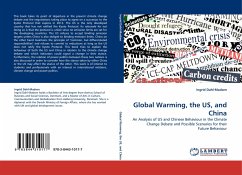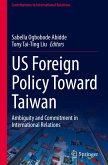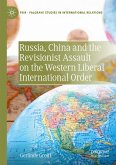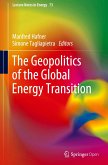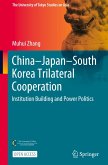This book takes its point of departure in the present climate change debate and the negotiations taking place to agree on a successor to the Kyoto Protocol that expires in 2012. The US is the only developed country that has not ratified the Kyoto Protocol. Its rationale for not doing so is that the protocol is unfair since no emission limits are set for the developing countries. The US refuses to accept binding emission targets unless China is also obliged to binding emission limits. China on the other hand maintains the principle of "common, but differentiated responsibilities" and refuses to commit to reductions as long as the US does not ratify the Kyoto Protocol. This book tries to explain the behaviour of both the US and China in relation to the climate change debate and which indicators could signal a change in their stance. Furthermore, the relation of power politics between these two nations is also discussed in order to consider how the stance taken by either China or the US may affect the stance of the other. This work is of interest to students and professionals with an interest in international relations, climate change and power politics.
Bitte wählen Sie Ihr Anliegen aus.
Rechnungen
Retourenschein anfordern
Bestellstatus
Storno

